Fatema Mernissi - Scheherazade Goes West: Different Cultures, Different Harems
Here you can read online Fatema Mernissi - Scheherazade Goes West: Different Cultures, Different Harems full text of the book (entire story) in english for free. Download pdf and epub, get meaning, cover and reviews about this ebook. year: 2001, publisher: Washington Square Press, genre: Romance novel. Description of the work, (preface) as well as reviews are available. Best literature library LitArk.com created for fans of good reading and offers a wide selection of genres:
Romance novel
Science fiction
Adventure
Detective
Science
History
Home and family
Prose
Art
Politics
Computer
Non-fiction
Religion
Business
Children
Humor
Choose a favorite category and find really read worthwhile books. Enjoy immersion in the world of imagination, feel the emotions of the characters or learn something new for yourself, make an fascinating discovery.

- Book:Scheherazade Goes West: Different Cultures, Different Harems
- Author:
- Publisher:Washington Square Press
- Genre:
- Year:2001
- Rating:3 / 5
- Favourites:Add to favourites
- Your mark:
Scheherazade Goes West: Different Cultures, Different Harems: summary, description and annotation
We offer to read an annotation, description, summary or preface (depends on what the author of the book "Scheherazade Goes West: Different Cultures, Different Harems" wrote himself). If you haven't found the necessary information about the book — write in the comments, we will try to find it.
So recalls Fatema Mernissi at the outset of her mesmerizing new book. Of all the lessons she learned from her grandmother -- whose home was, after all, a type of prison -- the most central was that the opportunity to cross boundaries was a sacred privilege. Indeed, in journeys both physical and mental, Mernissi has spent virtually all of her life traveling -- determined to use her wings and to renounce her genders alleged legacy of powerlessness.
Bursting with the vitality of Mernissis personality and of her rich heritage, Scheherazade Goes West reveals the authors unique experiences as a liberated, independent Moroccan woman faced with the peculiarities and unexpected encroachments of Western culture. Her often surprising discoveries about the conditions of and attitudes toward women around the world -- and the exquisitely embroidered amalgam of clear-eyed autobiography and dazzling meta-fiction by which she relates those assorted discoveries -- add up to a deliciously wry, engagingly cosmopolitan, and deeply penetrating narrative.
In her previous bestselling works, Mernissi -- widely recognized as the worlds greatest living Koranic scholar and Islamic sociologist -- has shed unprecedented light on the lives of women in the Middle East. Now, as a writer and scholarly veteran of the high-wire act of straddling disparate societies, she trains her eyes on the female culture of the West.
For her books inspired central metaphor, Mernissi turns to the ancient Islamic tradition of oral storytelling, illuminating her grandmothers feminized, subversive, and highly erotic take on Scheherazades wife-preserving tales from The Arabian Nights -- and then ingeniously applying them to her own lyrically embellished personal narrative. Interwoven with vivid ruminations on her childhood, her education, and her various international travels are the authors piquant musings on a range of deeply embedded societal conditions that add up, Mernissi argues, to a veritable Western harem.
A provocative and lively challenge to the common assumption that women have it so much better in the West than anywhere else in the world, Mernissis book is an entrancing and timely look at the way we live here and now. By inspiring us to reconsider even the most commonplace aspects of our culture with fresh eyes and a healthy dose of suspicion, Scheherazade Goes West offers an invigorating, candid, and entertaining new perspective on the themes and ideas to which Betty Friedan first turned us on nearly forty years ago.
Fatema Mernissi: author's other books
Who wrote Scheherazade Goes West: Different Cultures, Different Harems? Find out the surname, the name of the author of the book and a list of all author's works by series.

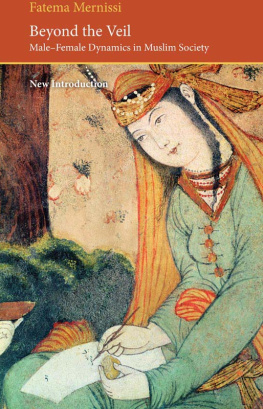
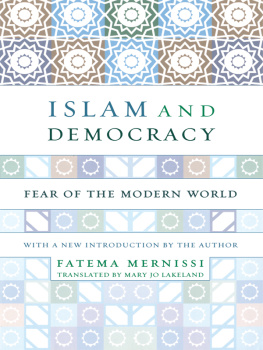



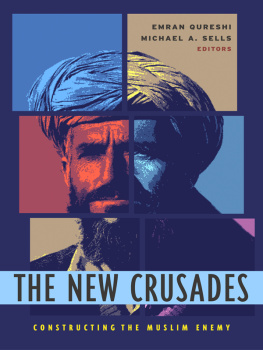
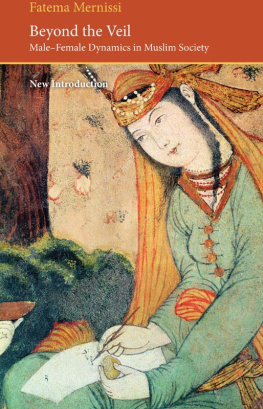
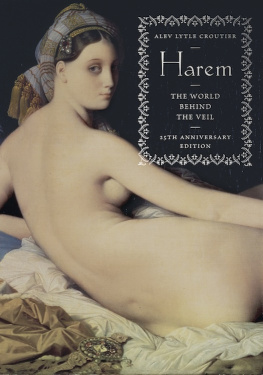


 A Washington Square Press Publication of
A Washington Square Press Publication of